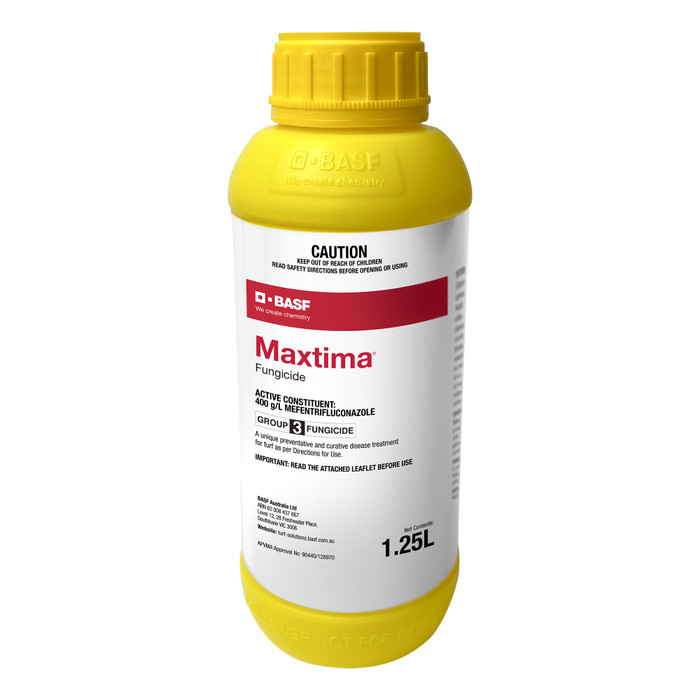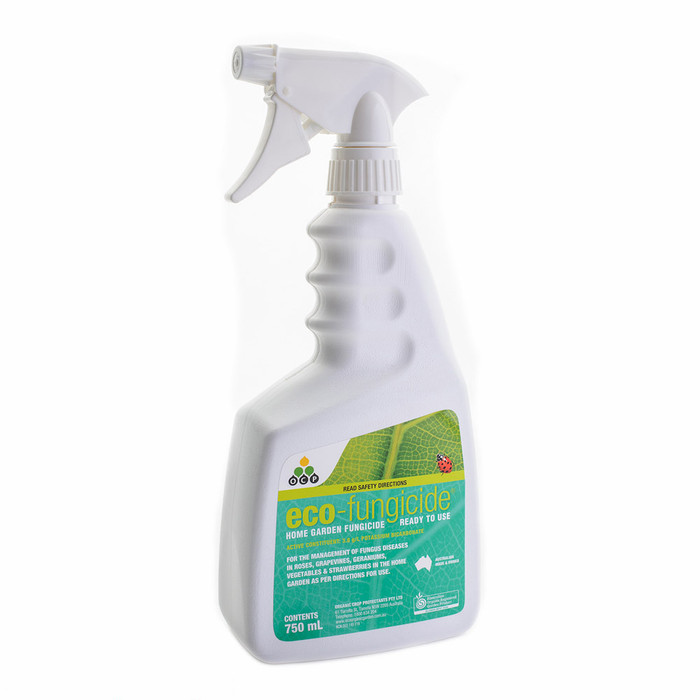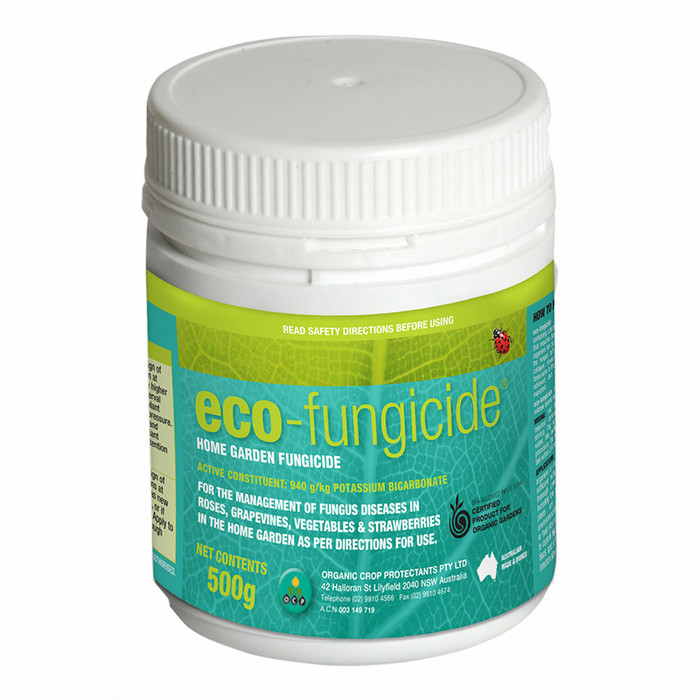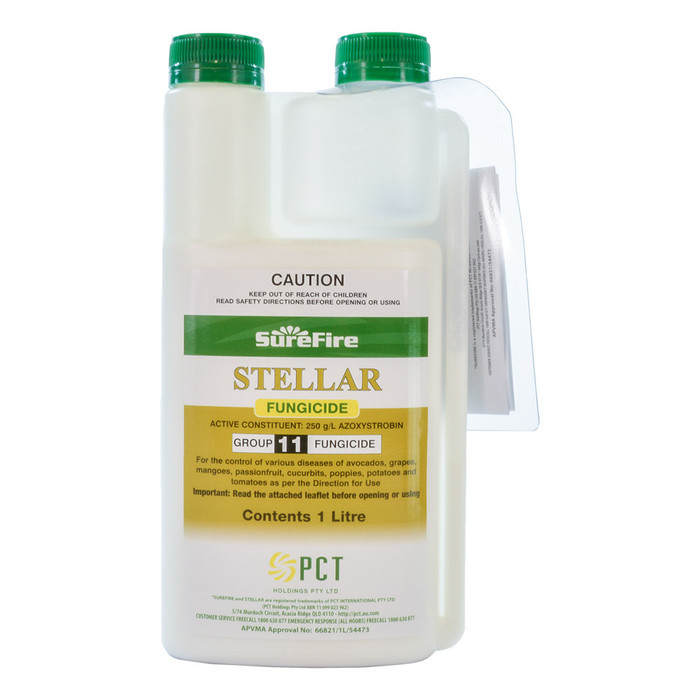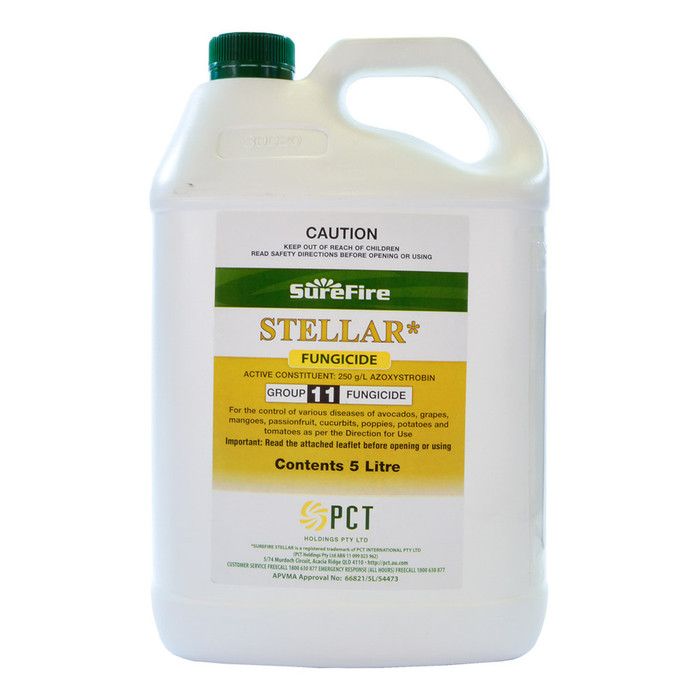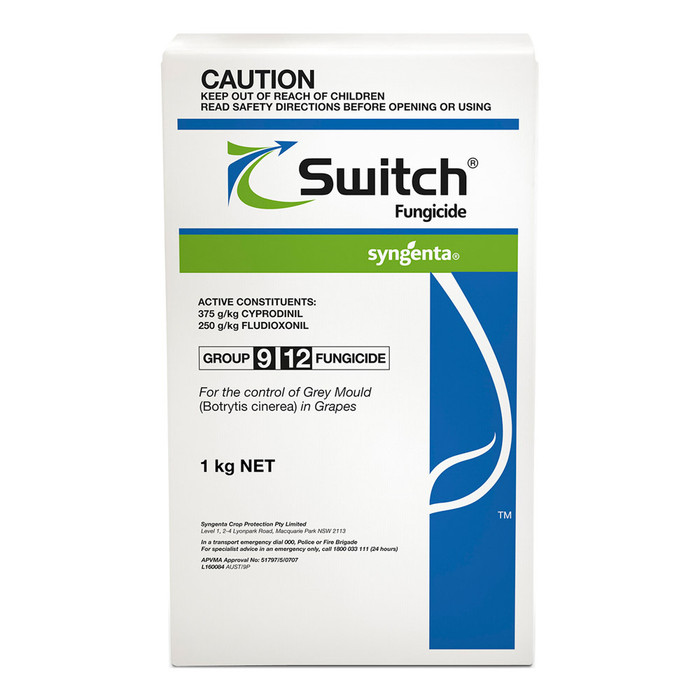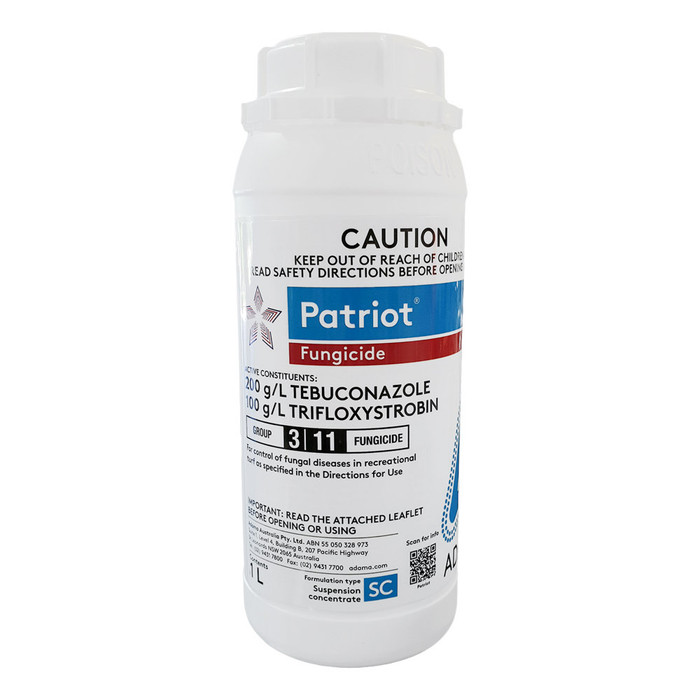Maxtima® Fungicide
Any Turf. Any Temperature. Anywhere.
When turf diseases threaten your greens, fairways, or sports fields, you need a fungicide that performs no matter the conditions. Maxtima® Fungicide steps up with dependable control, turf safety, and year-round flexibility — even in the heat of summer.
Why You’ll Love Maxtima®
-
Safe on Every Turf Type: From couch to bentgrass, Maxtima® delivers powerful protection without growth regulation side effects.
-
All-Weather Confidence: Works in hot or cool conditions, wet or dry — ideal for unpredictable Aussie seasons.
-
Broad-Spectrum Power: Knocks out major turf diseases like Anthracnose, Brown Patch, Dollar Spot, Spring Dead Spot and Take-All Patch.
-
Long-Lasting Defence: Builds a protective reservoir inside the leaf for sustained, residual control.
-
Smart Resistance Management: Easily tank-mixed or rotated with Lexicon® Intrinsic® and Xzemplar® fungicides for a complete season plan.
-
Next-Gen Chemistry: Powered by BASF’s Revysol® technology — a flexible molecule that locks onto fungal enzymes, even resistant strains.
How to Use
-
Application Rate: 1.25–2.5 L/ha depending on disease pressure.
-
Spray Volume: 400–1600 L/ha (preventative) or 600–2000 L/ha (curative).
-
Frequency: Every 14–28 days depending on target disease.
-
Tip: Rotate with non–Group 3 fungicides to delay resistance.
-
Avoid: Spraying just before heavy rain or irrigation runoff.
The Trusted Choice for Turf Professionals
Maxtima® Fungicide gives turf managers peace of mind — offering reliable disease control without compromising turf health or playability. Whether you’re caring for a championship golf course or high-performance sports field, Maxtima® keeps your turf strong, uniform, and healthy all year round.
Once you’ve used Maxtima®, you’ll wonder how you ever managed without it.

